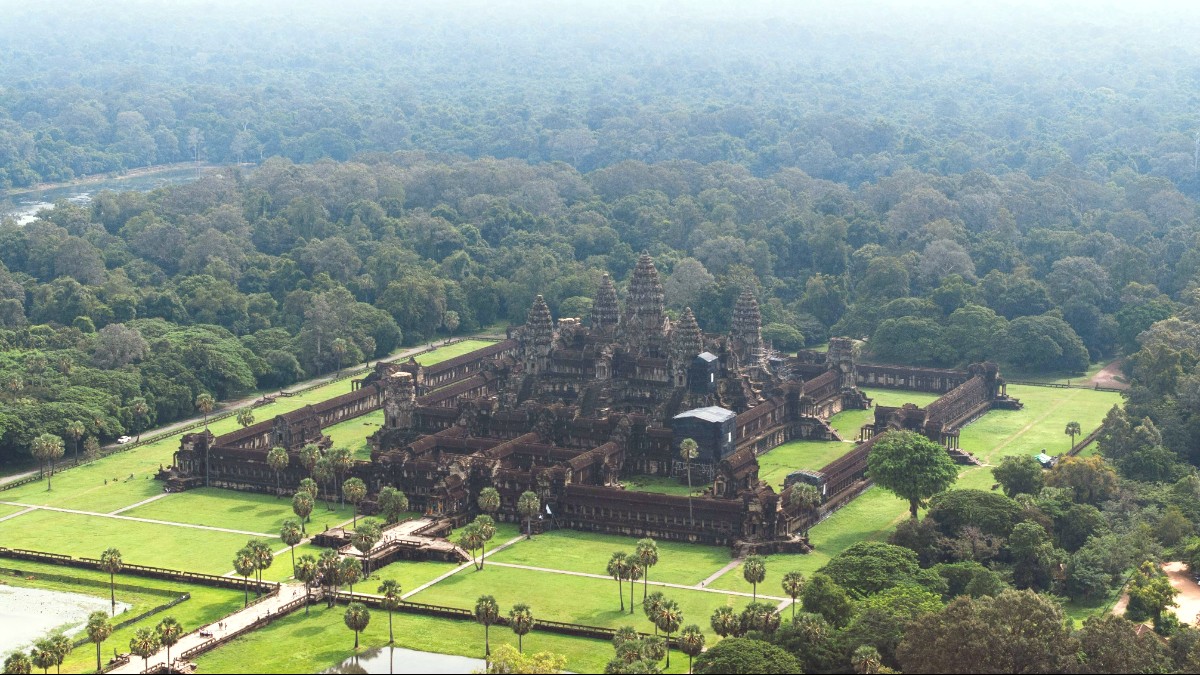
Cambodia
Angkor Archaeological Park is a protected area. Efforts are underway to conserve ancient temples, manage hydrological systems, and protect surrounding forests. Support these initiatives by respecting park rules. Consider Ecobnb for lodging.
Cambodia has limited recycling infrastructure. Much waste ends up in landfills or is burned. Minimize personal waste. Avoid single-use plastics where possible. Carry a Reusable water bottle and refill it.
Water stands as a critical resource in Cambodia, particularly around Tonlé Sap lake. Be mindful of water usage during your stay. Take shorter showers and reuse towels. Purchasing gear from Patagonia and products from Package Free Shop aligns with conservation.
Engage respectfully with Cambodian culture and traditions.
Support organizations and initiatives that actively work to preserve Khmer arts, crafts, and heritage. Purchasing from groups like Artisans Angkor directly benefits artisans and preserves traditional skills.
Dress modestly, especially at temples. Covered shoulders and knees are required. Always ask permission before taking photos of people, notably children or monks.
Be mindful of privacy, especially of children. Avoid intrusive photography. Military installations are not for photography.
Remove shoes before entering Buddhist pagodas or local homes. Do not point feet at Buddha images, people, or sacred objects. Women do not touch monks. Sit with feet tucked away.
A social enterprise dedicated to reviving traditional Khmer arts and crafts, providing fair employment to local artisans.
Learn MoreA Cambodian non-profit arts organization that offers vocational training and employment to Cambodian youth from difficult social and economic backgrounds.
See a ShowYour tourism activity contributes positively to the local economy and community.
Choose tours or guesthouses that directly benefit local communities. Research NGOs and social enterprises that operate tours or sell local products. These initiatives channel profits back into community development.
Purchase souvenirs from Artisans Angkor or similar certified fair trade organizations. This action ensures artisans receive fair wages and work in good conditions. This approach combats exploitative labor practices.
Eat at local restaurants and street food stalls. Buy from local markets. Use local tuk-tuk drivers rather than relying solely on international chains. These actions keep money within the local economy.
Savor street food and local eateries. These establishments channel revenue directly into local hands.
Purchase souvenirs and goods from local markets. This supports small-scale vendors and community trade.
Utilize local tuk-tuk drivers. This ensures transportation costs remain within the local economy.